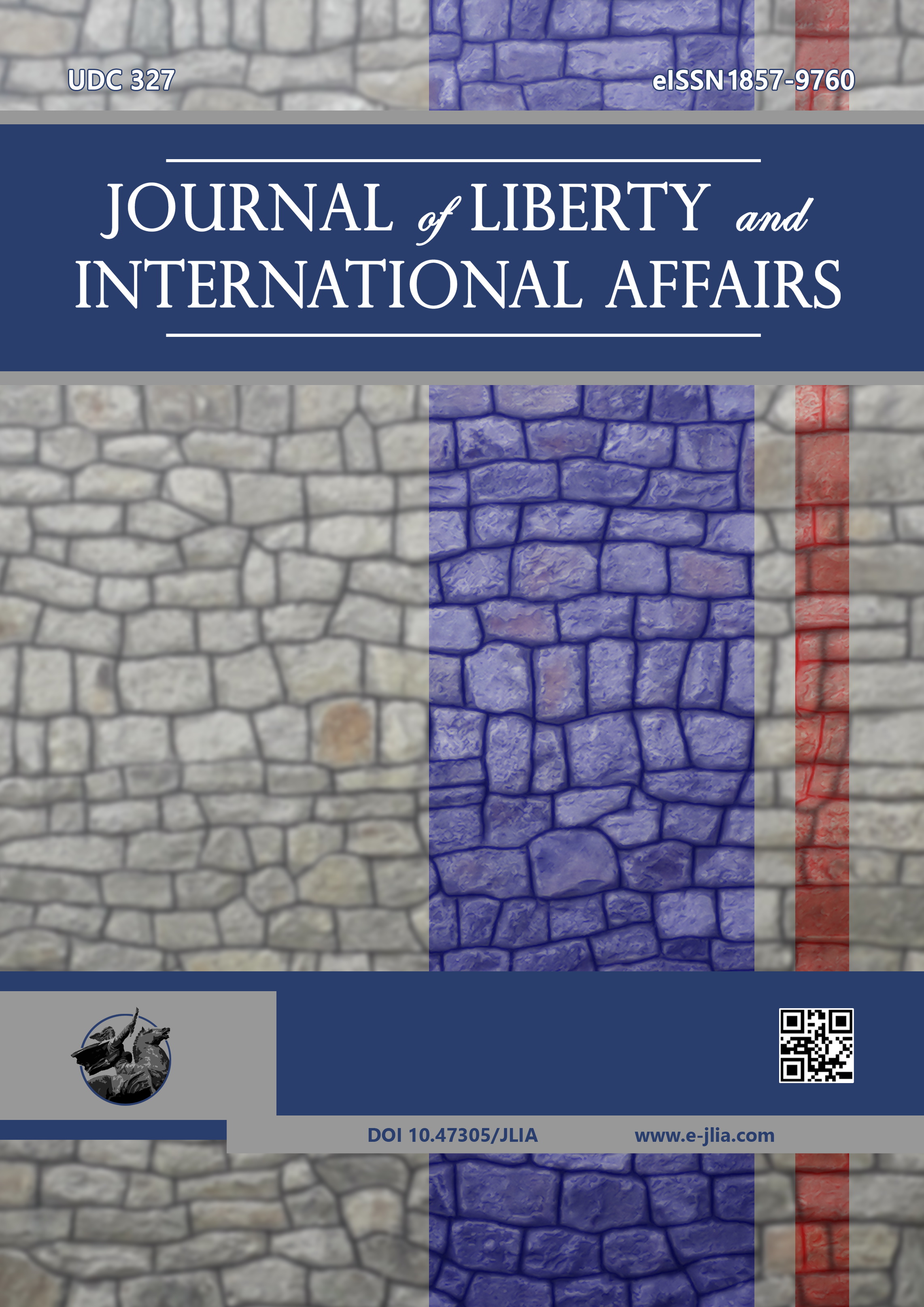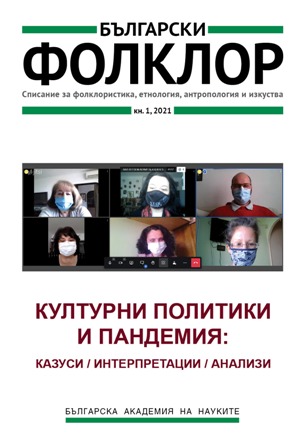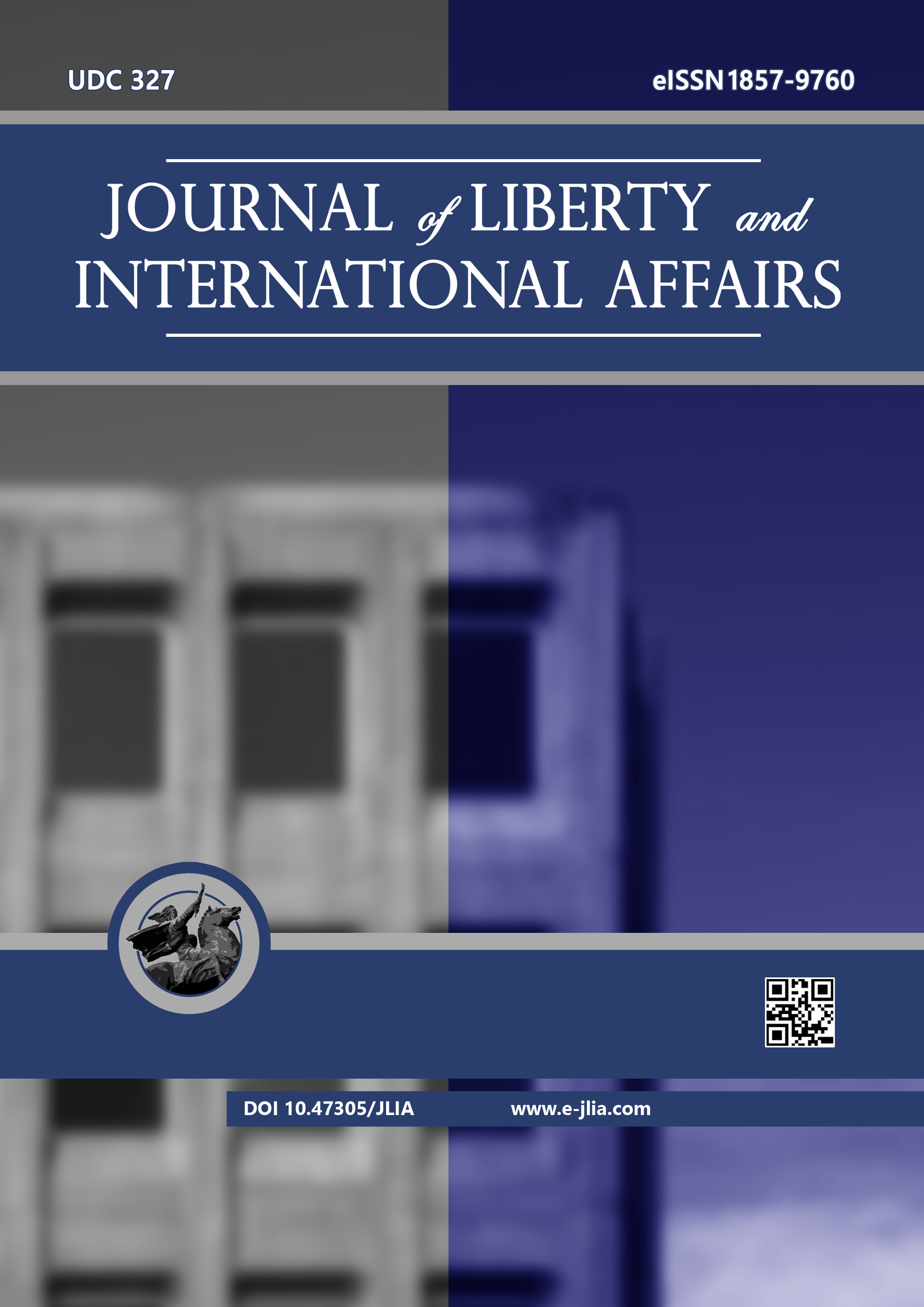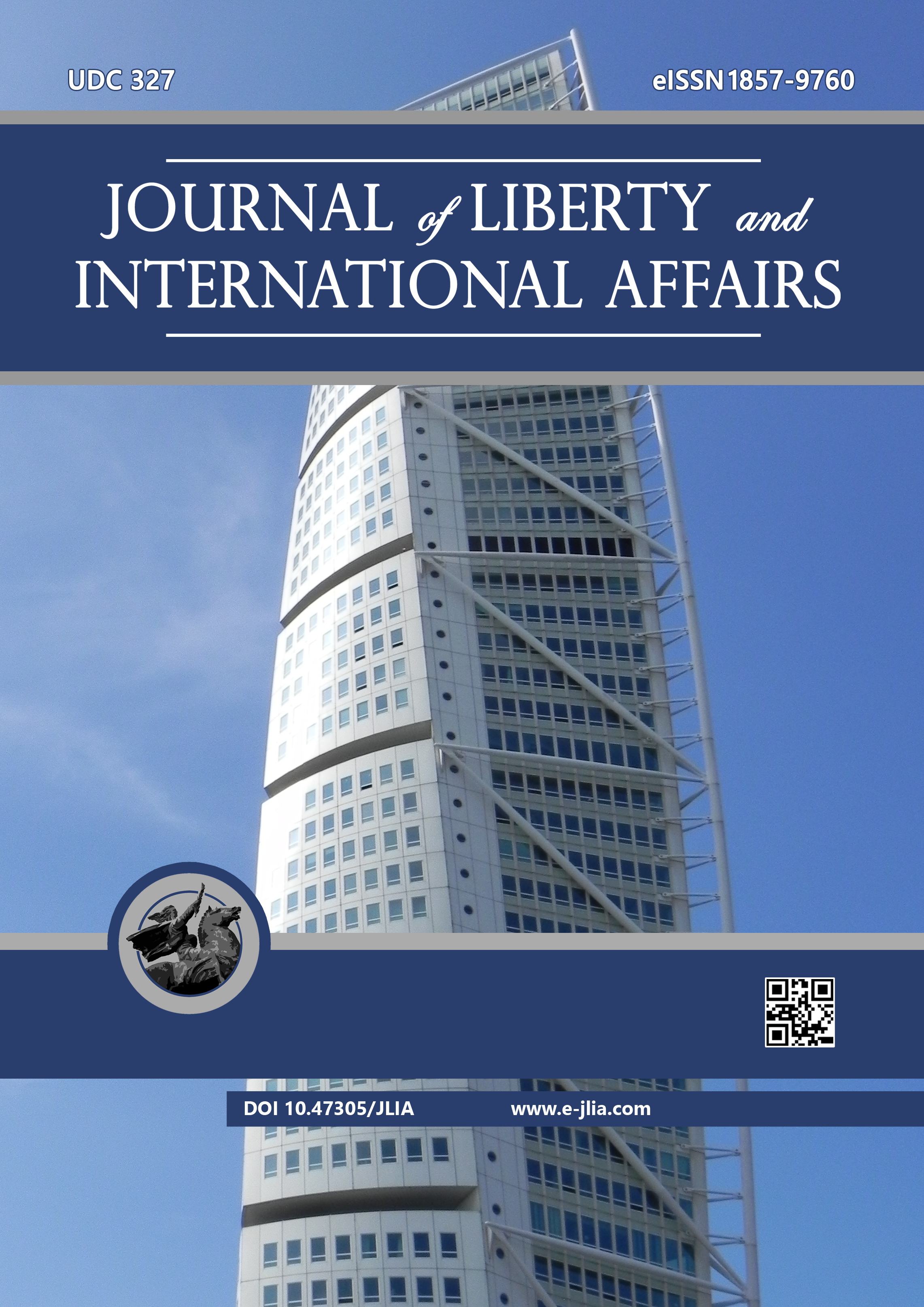
GLOBAL HEALTH GOVERNANCE POST-COVID-19: TIME FOR A HIERARCHICAL ORDER?
The COVID-19 has renovated the debate about global health governance. Many scholars have proposed that the World Health Organization (WHO) should assume the position of a central coordinator with hierarchical powers. This article presents four main objections to this project: the problems with ‘one-size-fits-all’ policies, the heterogeneous distribution of power within multilateral institutions, the risks of crowding out parallel initiatives, and the democratic principle. Testing the WHO’s ability as a provider of technical information, an OLS regression, analyzing the first year of the coronavirus health crisis, from January 2020 to January 2021, in 37 countries reported in the World Values Survey Wave 7, shows a negative relationship between the population trust in the WHO and the number of cases of COVID-19. This indicates that there is a valid case for countries to strengthen the WHO’s mandate, but not to create a hierarchical global health structure.
More...



